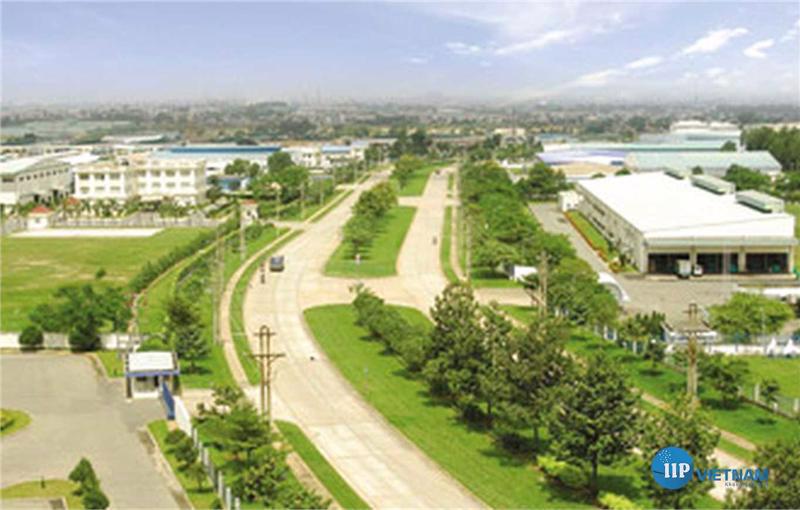At a June 7 seminar held by VnEconomy / Vietnam Economic Times in collaboration with agencies from the Ministry of Natural Resources and Environment and with the theme “Pioneering Enterprises in Implementing ESG and the Circular Economy”, discussions focused on how businesses can implement green and circular economies in Vietnam, including eco-industrial parks (IPs).
Eco-IPs, according to experts, are considered a foundation in promoting a circular economy by encouraging businesses to create a symbiotic industrial network through the exchange of materials and resources.
Such a model has been successfully applied by many IPs around Vietnam.
For example, the collaboration between the Pepsi Company and the Green Energy Company at the Amata IP helped reuse 60,000 tons of biomass and reduce carbon dioxide emissions by 16,156 tons annually.
The symbiotic links between the DEEP C IP and the Flat Glass Group Ltd., meanwhile, have enabled the recycling of 3,000 tons of glass waste each year into cement-based materials for leveling in construction works.
At the Khanh Phu IP in northern Ninh Binh province, the Ninh Binh Gas Company collects all of the carbon dioxide discharged from the Ninh Binh Fertilizer Company to produce liquid carbon dioxide for the food and pharmaceutical industries. The project has been in operation for three years and has a capacity of 6,000 cu m of carbon dioxide an hour. It has also helped reduce carbon dioxide emissions by 74,000 tons each year.
Ms. Nguyen Tram Anh, National Technical Expert at the United Nations Industrial Development Organization (UNIDO), said eco-IPs are an important foundation in promoting a circular economy, encouraging the production and use of renewable energy as well as fostering efficient energy use.
A circular economy ensures that products, components, and materials are used as many times as possible through ensuring they possess longer lifecycles and long-lasting value in the economy.
This approach will help minimize waste generation and pollution while promoting the use of renewable energy in production supply chains, she added.
A circular economy will also help to address three challenges: pollution, loss of biodiversity, and climate change.
Developing a circular economy is the top priority in boosting competitiveness in various
industries, such as garments, electronics, plastics, packaging, automobiles, cement, and food, as well as at IPs and within enterprises.
In promoting a circular economy at IPs and in businesses operating at these parks, Ms. Anh noted that UNIDO has implemented circular economic principles based on international frameworks for eco-IPs. Member businesses have attempted to improve environmental, social, and economic efficiency by coordinating in managing issues relating to the environment and natural resources. Through cooperation, they seek a collective benefit that is greater than the sum of the individual benefits each company could achieve by optimizing their own individual performance.
She therefore proposed building the capacity of enterprises at eco-IPs in applying circular business and circular production.
It is also necessary to raise awareness among consumers about using products made at eco-IPs, she added.
The development of eco-IPs features in many legal documents in Vietnam and in the country’s development strategies, in particular the draft strategy on circular economic development.
The Ministry of Planning and Investment has actively converted many IPs around Vietnam into eco-IPs over the past eight years, with support from UNIDO.





![[Interactive]: Economic overview - August 2025 [Interactive]: Economic overview - August 2025](https://premedia.vneconomy.vn/files/uploads/2025/09/07/028783c2a8a244be9f2c349bc0aa725e-10774.png?w=400&h=225&mode=crop)



 Google translate
Google translate